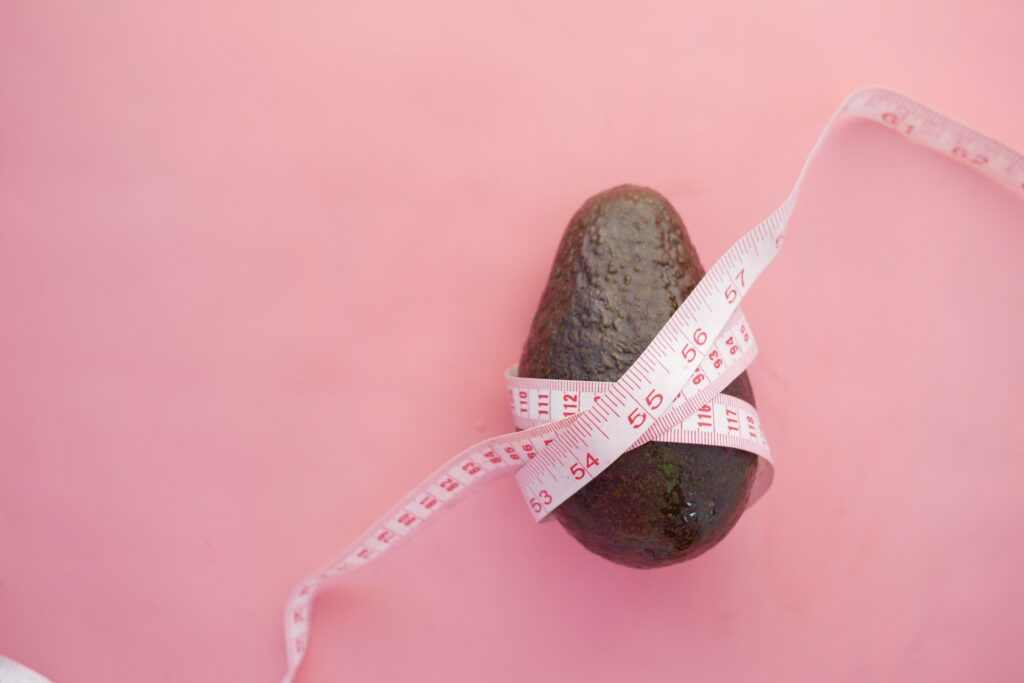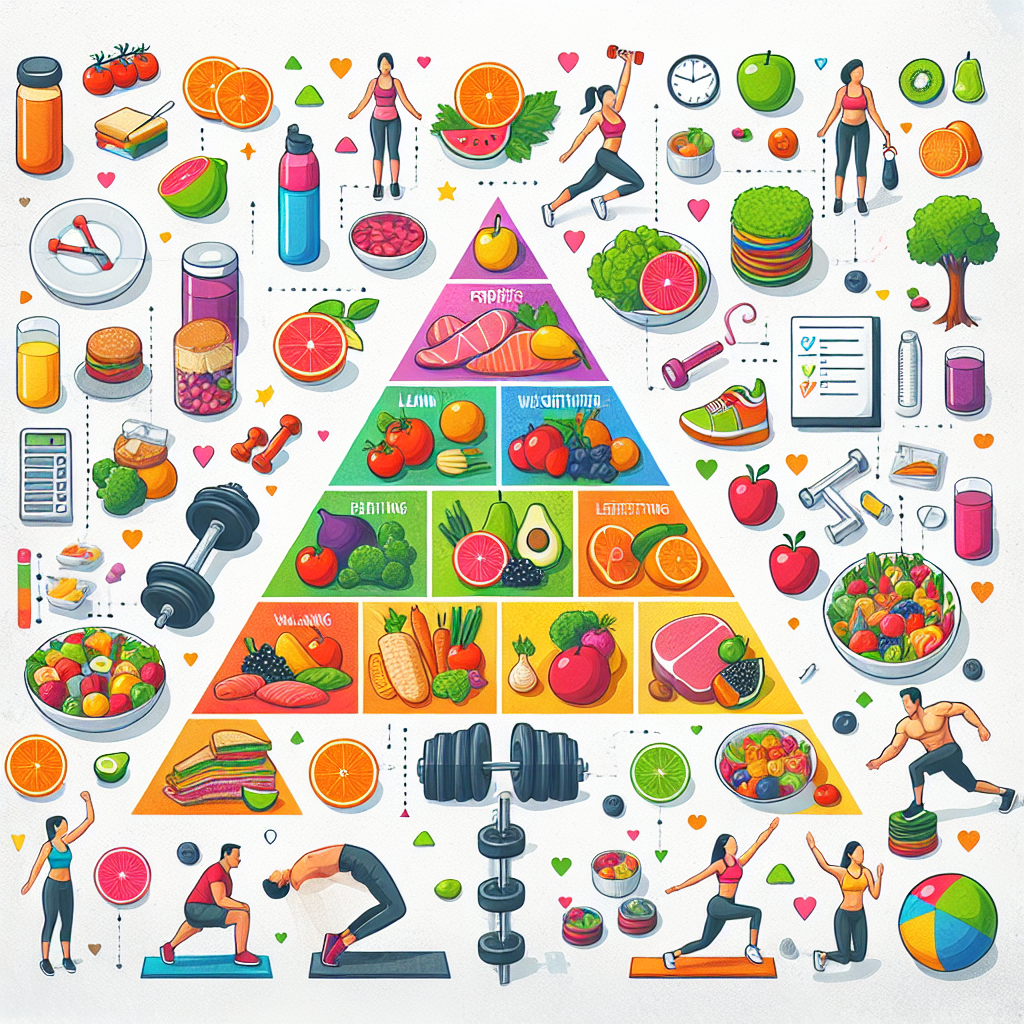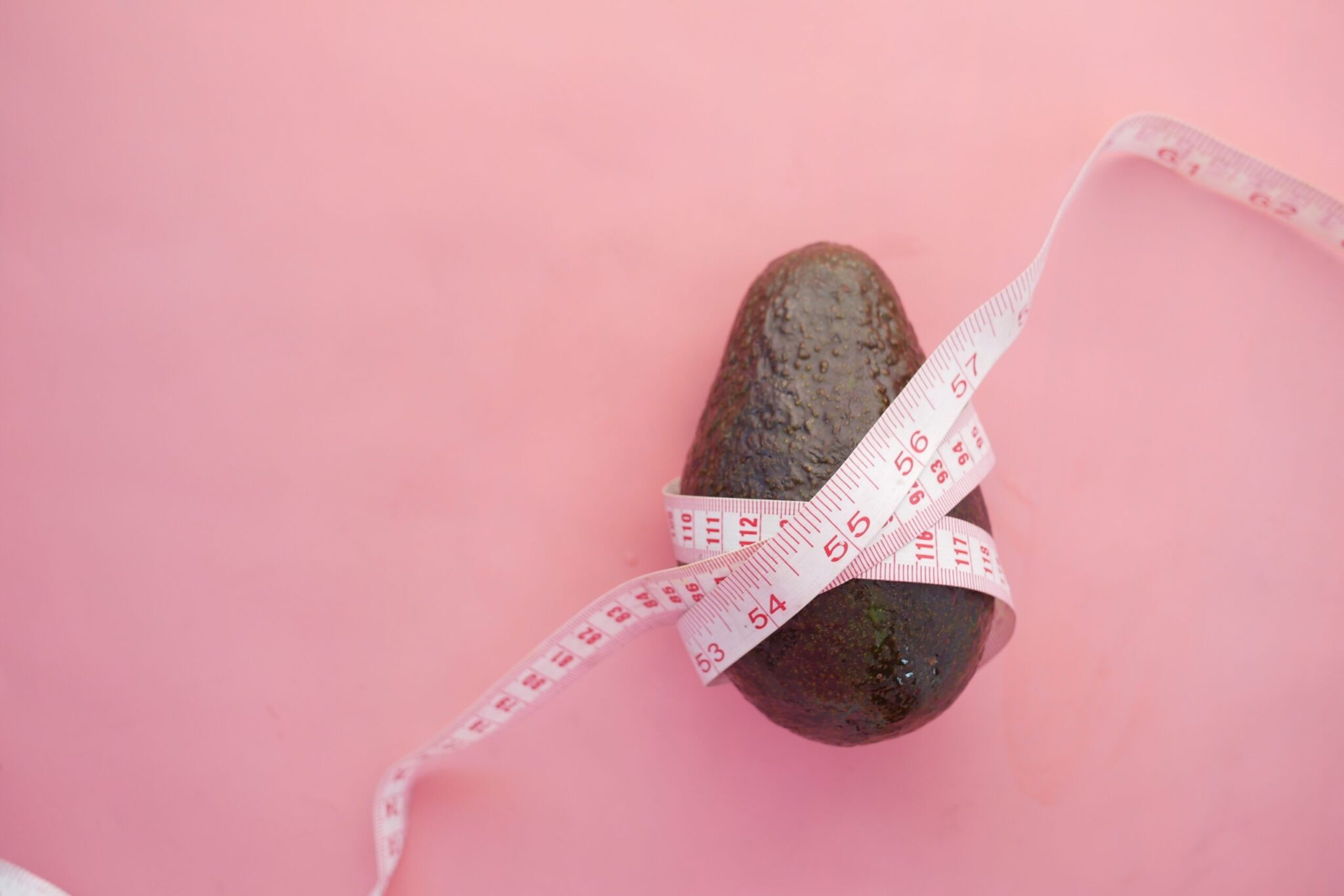Whats The Best Diet For Weight Loss. Are you tired of trying numerous diets and not seeing the desired results? Well, look no further because we are here to help you find the best diet for weight loss. With so many options available, it can be overwhelming to choose the right one. In this article, we will explore different diets and provide you with insights on which one might work best for you. So get ready to shed those unwanted pounds and achieve your weight loss goals!
Different Types of Diets for Weight Loss
When it comes to weight loss, there is no shortage of diet plans to choose from. Each diet has its own unique approach and promises to deliver results. It can be overwhelming to navigate through the sea of options and figure out which diet is right for you. To make the process easier, let’s take a closer look at some of the most popular diets for weight loss.
Keto Diet
The ketogenic diet, or keto diet for short, has gained significant popularity in recent years. This high-fat, low-carbohydrate diet aims to put your body into a state of ketosis, where it burns fat for fuel instead of carbohydrates. By drastically reducing your carb intake and increasing your fat consumption, the keto diet forces your body to tap into its fat stores for energy.
Paleo Diet
The paleo diet, also known as the caveman diet, is based on the concept of eating like our ancestors did during the Paleolithic era. This diet emphasizes whole, unprocessed foods such as lean meats, fish, fruits, vegetables, nuts, and seeds, while excluding grains, dairy, legumes, and processed foods. The idea behind the paleo diet is that our bodies are genetically adapted to thrive on the foods our ancestors consumed.
Intermittent Fasting
Intermittent fasting has gained popularity for its potential benefits beyond weight loss, including improved insulin sensitivity and cellular repair. This eating pattern involves cyclic periods of fasting and eating. There are different methods of intermittent fasting, such as the 16/8 method (16 hours of fasting and 8 hours of eating) or the 5:2 method (eating normally for five days and limiting calorie intake on two non-consecutive days).
Low-Carb Diet
Low-carb diets have been around for decades and have shown promise in promoting weight loss. By reducing your intake of carbohydrates, such as bread, pasta, and sugary foods, low-carb diets aim to stabilize blood sugar levels and encourage the body to burn stored fat for energy. Popular low-carb diets include the Atkins diet and the South Beach diet.
Vegetarian and Vegan Diets
Vegetarian and vegan diets eliminate or significantly reduce the consumption of animal products. These diets are typically rich in fruits, vegetables, whole grains, legumes, and plant-based protein sources such as tofu and tempeh. They are often chosen for ethical, environmental, or health reasons, but can also be effective for weight loss when properly balanced and portion-controlled.
Mediterranean Diet
The Mediterranean diet is inspired by the traditional eating patterns of countries bordering the Mediterranean Sea. This diet emphasizes whole, unprocessed foods such as fruits, vegetables, whole grains, legumes, nuts, seeds, olive oil, and moderate amounts of fish, poultry, eggs, and dairy. It has been associated with numerous health benefits, including weight loss and reduced risk of chronic diseases.
DASH Diet
The Dietary Approaches to Stop Hypertension (DASH) diet was initially designed to lower blood pressure, but it also has weight loss potential. This diet emphasizes fruits, vegetables, whole grains, lean proteins, and low-fat dairy products, while limiting sodium, added sugars, and saturated fats. The DASH diet can be an effective option for those looking to lose weight while improving heart health.
Weight Watchers Diet
Weight Watchers is a popular weight loss program that focuses on a balanced approach to nutrition and portion control. It assigns point values to different foods, making it easier to track and manage your intake. With Weight Watchers, no food is completely off-limits, providing flexibility and sustainability.
Zone Diet
The Zone diet emphasizes a balanced ratio of macronutrients (carbohydrates, proteins, and fats) at every meal. By paying attention to the ratios and portion sizes, this diet aims to regulate insulin levels and promote weight loss. It encourages consuming low-glycemic carbohydrates, lean proteins, and healthy fats.
Atkins Diet
The Atkins diet is a low-carbohydrate diet that has been around for decades. It focuses on restricting carbohydrates, especially refined carbs and sugars, to promote ketosis and fat burning. The Atkins diet consists of four phases, gradually reintroducing carbohydrates as you progress. It emphasizes protein-rich foods, healthy fats, and non-starchy vegetables.
Factors to Consider When Choosing a Diet
When choosing a diet for weight loss, it’s important to consider several factors. Keep in mind that the most effective diet for weight loss is the one that is sustainable and fits your individual needs and preferences.
Personal Preferences
Consider your personal food preferences and dietary restrictions. If you dislike certain foods or have specific dietary needs, it’s important to choose a diet that allows for flexibility and enjoyment.
Health Conditions
Take into account any existing health conditions you may have. Some diets may be more suitable for certain health conditions, while others may need to be modified or avoided. It’s always best to consult with a healthcare professional or registered dietitian before starting a new diet, especially if you have any health concerns.
Lifestyle and Sustainability
Think about your lifestyle and how a particular diet will fit into it. Some diets may require a significant commitment in terms of meal preparation, planning, and time spent tracking food intake. Consider whether you can realistically adhere to a certain diet in the long term.
Nutritional Balance
Ensure that the diet you choose provides all the necessary nutrients your body needs. A balanced diet should include a variety of fruits, vegetables, whole grains, lean proteins, and healthy fats. Avoid diets that severely restrict or eliminate entire food groups as they may lead to nutrient deficiencies.
Long-Term Success Rate
Consider the long-term success rate of a diet. Look for evidence of sustained weight loss and improvements in overall health. While rapid weight loss may be enticing, it’s essential to choose a diet that promotes gradual and sustainable weight loss for long-term success.

Effectiveness and Scientific Evidence
It’s important to examine the scientific evidence behind different diets to determine their effectiveness for weight loss and overall metabolic health.
Research Studies on Different Diets
Numerous research studies have investigated the effectiveness of various diets for weight loss. These studies often compare different diets head-to-head or analyze the impact of a specific diet on certain health markers. By reviewing the findings of these studies, you can gain insight into the potential benefits and drawbacks of each diet.
Effect on Weight Loss
The primary goal of any weight loss diet is, of course, to shed pounds. It’s essential to look for diets that have been shown to produce significant and sustainable weight loss over time. However, keep in mind that individual results may vary, and factors such as adherence, caloric intake, and physical activity levels also play a role in weight loss success.
Effect on Metabolic Health
The impact of a diet on metabolic health is also crucial to consider. Some diets may improve insulin sensitivity, blood sugar control, lipid profiles, and markers of inflammation. A diet that promotes overall metabolic health can have long-term benefits beyond just weight loss.
Effect on Satiety and Hunger
Feeling satisfied and avoiding excessive hunger are essential aspects of any weight loss journey. Some diets may be more satiating than others due to differences in macronutrient composition or specific foods included. It’s important to choose a diet that keeps you feeling full and satisfied, as this can enhance adherence and make weight loss more sustainable.
Benefits and Drawbacks of Different Diets
Every diet has its own set of benefits and drawbacks. It’s important to consider these factors before embarking on a weight loss journey.
Keto Diet
Benefits: The keto diet has been shown to lead to rapid weight loss and improved insulin sensitivity. It can also have positive effects on markers of metabolic health, such as blood lipid profiles.
Drawbacks: The strict carb restriction of the keto diet can be difficult to maintain in the long term. It may also lead to nutrient deficiencies if not properly planned, as many fruits, whole grains, and legumes are limited.
Paleo Diet
Benefits: The paleo diet emphasizes whole, unprocessed foods and can help in reducing refined sugar consumption. It often leads to weight loss due to increased intake of nutrient-dense foods.
Drawbacks: The paleo diet eliminates entire food groups like dairy and grains, which can lead to potential nutrient deficiencies. It may also be challenging for vegetarians or vegans due to the focus on animal-based proteins.
Intermittent Fasting
Benefits: Intermittent fasting can simplify meal planning and may facilitate a calorie deficit. It has shown promise in improving insulin sensitivity and aiding in weight loss.
Drawbacks: Some people may find fasting periods challenging or uncomfortable. It may not be suitable for individuals with certain medical conditions or those with a history of disordered eating.
Low-Carb Diet
Benefits: Low-carb diets have been shown to promote weight loss and stabilize blood sugar levels. They can also lead to improvements in lipid profiles and triglyceride levels.
Drawbacks: Severely restricting carbs may lead to initial side effects like fatigue, headaches, and cravings. It may also be challenging to follow in social situations or for those with a high carb intake.
Vegetarian and Vegan Diets
Benefits: Vegetarian and vegan diets can be rich in plant-based nutrients and may contribute to weight loss due to higher fiber intake. They are also associated with lower risks of heart disease and certain types of cancer.
Drawbacks: Plant-based diets require careful planning to ensure adequate nutrient intake, especially for nutrients like vitamin B12, iron, and omega-3 fatty acids. Some people may also struggle to meet their protein needs on a vegetarian or vegan diet.
Mediterranean Diet
Benefits: The Mediterranean diet is rich in fruits, vegetables, whole grains, healthy fats, and lean proteins. It has been associated with a reduced risk of heart disease, obesity, and certain cancers.
Drawbacks: The Mediterranean diet may require changes in food choices and cooking methods, which can be challenging for individuals used to a different dietary pattern. It may also be more expensive depending on the availability of certain foods.
DASH Diet
Benefits: The DASH diet emphasizes whole, unprocessed foods and can help lower blood pressure. It is also associated with weight loss and improved heart health.
Drawbacks: Strictly adhering to the DASH diet may require significant meal planning and cooking skills. Some people may struggle with the limited intake of added sugars and sodium.
Weight Watchers Diet
Benefits: Weight Watchers focuses on portion control and assigns point values to different foods. It provides a framework for balanced eating and encourages moderation rather than restriction.
Drawbacks: The point system can be challenging for some individuals to understand and track accurately. It may also require ongoing financial commitment for membership and support.
Zone Diet
Benefits: The Zone diet promotes a balanced ratio of macronutrients, which can help regulate insulin levels and control hunger. It encourages the consumption of whole, unprocessed foods.
Drawbacks: The precise macronutrient ratios may be difficult to maintain and require meticulous tracking. It may not be suitable for those who struggle with portion control or have a history of disordered eating.
Atkins Diet
Benefits: The Atkins diet can lead to significant weight loss due to low carbohydrate consumption, promoting fat burning. It helps stabilize blood sugar levels and can bring about improvements in lipid profiles.
Drawbacks: The strict carbohydrate restriction may lead to side effects like bad breath, constipation, and nutrient deficiencies. Long-term adherence can be challenging and may require careful reintroduction of carbs.

Key Components of a Successful Weight Loss Diet
No matter which diet you choose, several key components are fundamental for successful weight loss. Incorporating these components into your chosen diet can increase your chances of achieving your weight loss goals.
Caloric Deficit
To lose weight, you need to consume fewer calories than your body needs to maintain its current weight. This caloric deficit can be achieved by reducing portion sizes, choosing lower-calorie foods, and increasing physical activity.
Balanced Macronutrients
A balanced intake of macronutrients, including carbohydrates, proteins, and fats, is crucial for overall health and weight loss success. Aim for a variety of whole, unprocessed foods to ensure you are getting all the necessary nutrients from each category.
Portion Control
Controlling portion sizes is essential when it comes to weight loss. Even with healthy foods, overeating can lead to weight gain. Focus on eating slowly, listening to your body’s hunger and satiety cues, and being mindful of portion sizes.
Regular Physical Activity
Incorporating regular physical activity into your weight loss journey is key. Exercise can help boost metabolism, increase calorie burn, improve mood, and support overall health. Aim for a combination of cardiovascular exercise, strength training, and flexibility exercises.
Behavioral Changes
Successful weight loss goes beyond just following a specific diet plan. It often requires making lasting behavioral changes. This may include addressing emotional eating, practicing mindful eating, managing stress, and developing healthy coping mechanisms.
Meal Planning and Preparation
Meal planning and preparation can help you stay on track with your weight loss goals. Planning meals and snacks in advance ensures that you have nutritious options readily available and reduces the likelihood of impulsive food choices.
Tracking and Accountability
Keeping track of your food intake, physical activity, and progress can be a powerful tool for weight loss. Whether it’s using a food diary, a mobile app, or working with a dietitian or weight loss coach, tracking your actions and progress can help you stay accountable and motivated.
Sustainability and Long-Term Success
When embarking on a weight loss journey, it’s important to consider sustainability and long-term success. The goal should not only be to lose weight but also to maintain it and establish healthy habits for life.
Avoiding Yo-Yo Dieting
Yo-yo dieting, also known as weight cycling, is a cycle of weight loss followed by weight regain. This pattern is common when following restrictive diets that are not sustainable in the long term. The key to avoiding yo-yo dieting is to focus on making sustainable lifestyle changes rather than relying on quick fixes.
Maintenance of Weight Loss
Maintaining weight loss can be challenging, but it is possible with the right strategies. Continuously monitoring your eating habits, staying physically active, and adjusting your calorie intake as needed can help prevent weight regain.
Establishing Healthy Habits
Weight loss should be seen as an opportunity to establish healthy habits that can be maintained for a lifetime. Focus on adopting a balanced approach to nutrition, regular physical activity, stress management techniques, and other lifestyle behaviors that promote overall well-being.
Psychological and Emotional Factors
Psychological and emotional factors play a significant role in weight loss success. Addressing emotional eating, building a positive relationship with food, and finding healthy ways to cope with stress and emotions are important aspects of long-term success.

Tailoring the Diet to Individual Needs
While general guidelines can provide a framework for weight loss, it’s essential to tailor a diet to individual needs and circumstances.
Consulting with a Registered Dietitian or Nutritionist
Working with a registered dietitian or nutritionist can provide valuable guidance and support when choosing and customizing a weight loss diet. These professionals can consider your unique needs, preferences, and health conditions to create a personalized plan.
Adjusting for Specific Health Conditions
Certain health conditions may require modifications to a standard weight loss diet. For example, individuals with diabetes may need to focus on controlling blood sugar levels, while those with food allergies or intolerances may need to avoid specific foods or find suitable alternatives.
Considering Cultural and Ethical Factors
Cultural and ethical considerations should also be taken into account when choosing a weight loss diet. Some diets may align better with cultural traditions, while others may conflict with personal ethics or values. It’s important to find a balance that ensures both weight loss and personal satisfaction.
Common Myths and Misconceptions
As with any topic, weight loss comes with its fair share of myths and misconceptions. It’s important to separate fact from fiction to make informed decisions about your diet and weight loss journey.
Magic Pills and Quick Fixes
There is no magic pill or quick fix when it comes to weight loss. Sustainable weight loss requires a combination of a balanced diet, regular physical activity, and healthy lifestyle habits. Be wary of products or programs that promise unrealistic results without effort.
Spot Reduction of Fat
It is not possible to selectively target fat loss in specific areas of the body. Fat loss occurs throughout the body as a result of a calorie deficit. Exercises targeting specific muscle groups can help tone and strengthen those areas, but fat loss is a holistic process.
Eliminating Entire Food Groups
Eliminating entire food groups is generally not necessary or recommended for weight loss. A balanced diet that includes a variety of foods from all food groups can provide the necessary nutrients for overall health and well-being.
Extreme Calorie Restriction
Extreme calorie restriction is not sustainable or healthy for long-term weight loss. Severely cutting calories can slow down metabolism, lead to muscle loss, and increase the risk of nutrient deficiencies. It’s important to aim for a moderate calorie deficit that can be maintained over time.
The Importance of Individual Variation
Individual variation plays a significant role in weight loss. Everyone’s body is unique, and what works for one person may not work for another. It’s important to listen to your body, experiment with different approaches, and find what works best for you.

Conclusion Whats The Best Diet For Weight Loss
When it comes to weight loss, there is no one-size-fits-all approach. The best diet for weight loss is the one that aligns with your personal preferences, health conditions, and lifestyle. It’s important to consider the scientific evidence, benefits, and drawbacks of different diets before making a decision. Remember that sustainability, behavior changes, and overall well-being are key factors for long-term success. With patience, consistency, and the right balance, you can achieve your weight loss goals and establish healthy habits for a lifetime.
